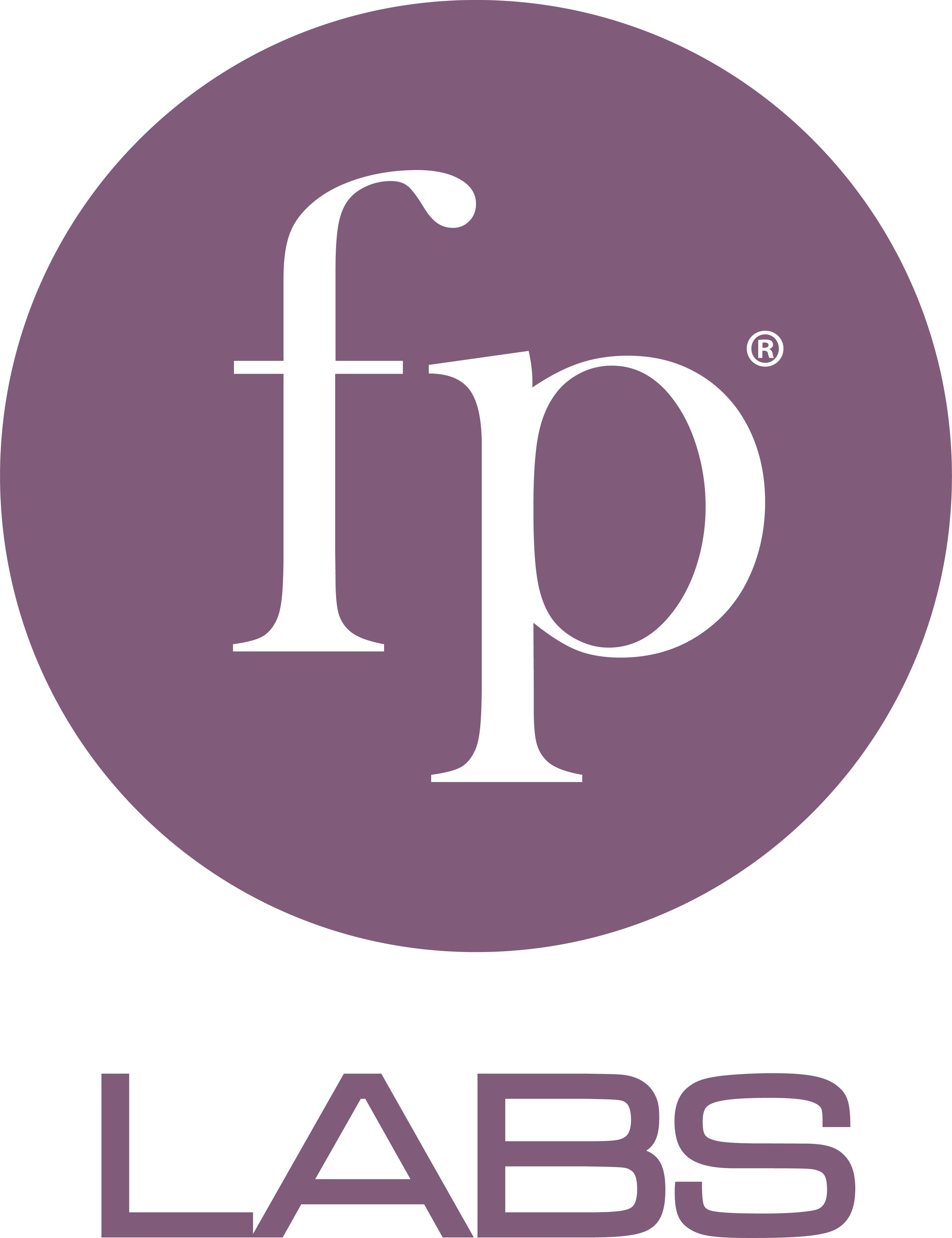As the demand for clean and natural skincare options has grown over the past several years, “greenwashing” has become an alarm bell for brands working to become more environmentally friendly. As companies develop corporate environmental, social, and governance (ESG) and sustainability programs to meet consumer demand for products with fewer environmentally harmful ingredients and production methods, the opportunity to oversell or fabricate environmental initiatives has also taken off. Greenwashing in health and beauty markets refers to exaggerating or fabricating sustainability or “clean” claims.
Many skincare brands are committed to sustainability, but greenwashing can occur when they embellish claims about ingredients, production techniques, or the manufacture of their products. Marketing claims become exaggerated or cannot be independently verified. Misguided or over-emphasized environmental positions may create a greater sense of sustainability than a brand or company indeed provides. Similarly, some brands and companies may make unsubstantiated claims about the products that put their overall corporate credibility on the line. Making such claims leads to confusion and uncertainty in the marketplace as consumers ask what products are environmentally friendly and what terms like “clean” or “natural” really mean.
Greenwashing has become so pervasive in all industries that the Green Business Bureau published a guide on how to spot corporate greenwashing. The consumer demand for accountability has taken center stage. A 2022 report from the nonprofit organization CDP looked at 4100 companies worldwide that have taken an environmental position and developed climate change “transition plans” and found that only 81 had what the CDP determined to be a credible plan.
In 2018, Clean at Sephora developed its own “clean list,” free of sulfates SLS and SLES, parabens, formaldehyde, phthalates, mineral oils, and more. Other retailers have developed similar standards as well. With little industry regulation, retailers have filled the void to capture the growing consumer demand for clean beauty. However differing standards have created consumer confusion and led to class action lawsuits. A class-action complaint has been filed against Sephora that may help clarify what constitutes “clean” throughout the entire skincare market.
One point of opportunity is strengthening the relationship between brands and manufacturers. Creating a clear look into the manufacturing process and understanding supply chains, production procedures, and deliverability creates a transparent environment that allows brands to understand the breadth of sustainability in developing their products. In Beauty Independent’s 23 Bold Indie Beauty Predictions for 2023, Melody Bockelman, founder of Private Label Insider, notes, “Making sure that your manufacturer’s up to speed and that they’re following good practices is going to be a necessary step just to ensure quality.” Working with a well-trained contract manufacturer helps prevent the pitfalls of greenwashing and provides more significant opportunities to create products sustainably.
The FP Labs and Federal Package Eco Smart platform is one way we help brands confidently and quantifiably provide a better environmental option to traditional plastic.
Greenwashing in the skincare industry may never completely disappear, but greater transparency into ingredients and manufacturing processes, industry agreement into what constitutes clean or natural, and consumer diligence to hold brands accountable should help immensely.
Interested in learning more? Our experts are happy to talk with you about how FP Labs can help increase your brand’s overall sustainability.

